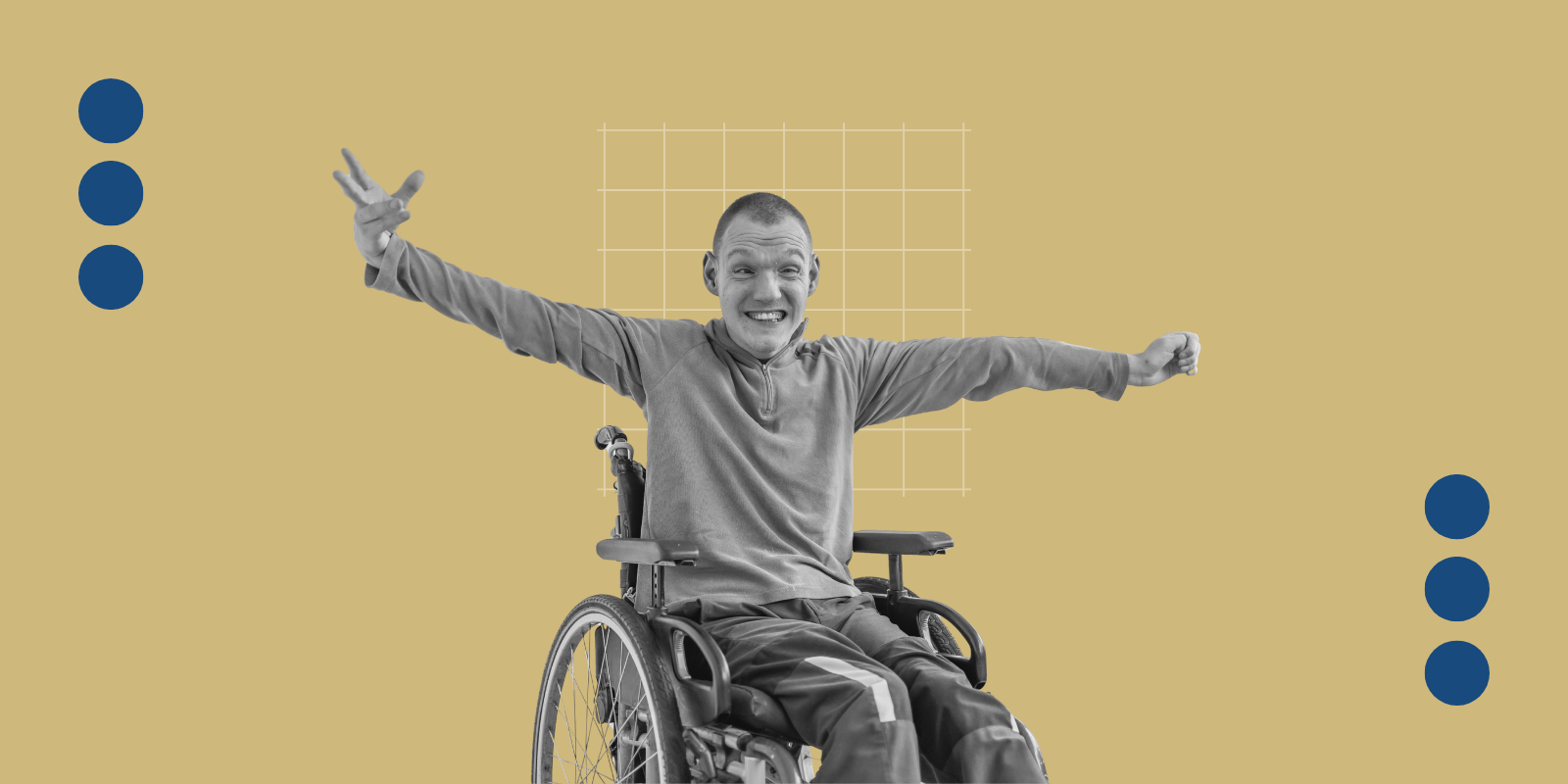Despite some media narratives that focus on vaccine hesitancy becoming more commonplace, ACCORDS faculty members at the University of Colorado School of Medicine say the opposite is true. Most parents in the United States still support vaccinating their children.
In a new article published in the New England Journal of Medicine’s Perspective section, David M. Higgins, MD, MPH, a fellow in the ACCORDS Primary Care Research Fellowship, and Sean O’Leary, MD, MPH, professor of pediatrics in the Section of Pediatric Infectious Diseases and ACCORDS investigator, encourage readers to follow the data.
“…Apart from important challenges with influenza and COVID-19 vaccination, the vast majority of parents in the United States continue to choose to have their children vaccinated according to the vaccination schedule recommended by the Centers for Disease Control and Prevention (CDC) and the American Academy of Pediatrics,” the duo writes.
Higgins says the perceived social norms, or what people consider typical behavior, can powerfully influence their health care decisions.
“If we misperceive the prevalence of parental vaccine hesitancy as being worse than it is, then you can have adverse behaviors toward vaccination from clinicians, from policymakers, and from parents themselves,” says Higgins, an instructor in the Department of Pediatrics.
Data supports continued vaccination rates
“The algorithms that shape our media diets have been promoting the idea that parental hesitancy about routine childhood vaccines has become commonplace in the United States,” Higgins and O’Leary write. “Most parents don’t hesitate to have their children vaccinated, and suggesting otherwise is inaccurate and potentially harmful.”
A recent poll from the Pew Research Center found 88% of adults have confidence in the value of childhood vaccines such as those for measles, mumps, and rubella. Another study, led by the CDC, shows that 93% of kindergarten students received state-required vaccines.
Questions and concerns about vaccines are often due to exposure to misinformation. A small proportion of the population – only 1% of children born in 2019 or 2020 hadn’t received any vaccines by their second birthday.
“We want to be clear that we’re not saying vaccine hesitancy isn’t a problem and that there aren’t parents who have significant resistance to vaccines,” Higgins says. “Parents having questions about vaccines, or questions about any part of their child’s health care, is normal. Good faith questions about any part of a child’s health care does not necessarily mean they have significant hesitancy.”
Access plays key role
Access to vaccines and trusted health care providers is an important component to normalizing vaccines. The researchers say that data from the CDC show substantial disparities in vaccination based on race and ethnicity, socioeconomic status, insurance status, and urbanicity.
“If you incorrectly perceive that a community, or a group of people, is under vaccinated because of hesitancy alone, you might be missing significant access barriers. The approach to addressing access barriers to vaccines and parental hesitancy to vaccines are very different,” Higgins says. “I worry, especially in marginalized populations that we know have lower rates of vaccination, that falsely assuming that they’re under vaccinated due to hesitancy alone might prevent us in the medical, science, and public health community from addressing significant access barriers.”
As pediatricians, Higgins and O’Leary often see parents who have questions, concerns, or even resistance to vaccines, but move forward with vaccines after they have some of their questions or concerns answered. Through their work, the researchers heard additional stories of parents who had hesitancy toward vaccines that vaccinated their children when they had the opportunity to talk to a trusted health care provider.
“When we talk about access, we need to talk about not only access to the vaccines themselves, but also access to a trusted health care professional who can answer parents’ questions,” Higgins says. “There is a proportion of parents with hesitancy that if they had the opportunity to ask questions of a trusted health care professional, are going to vaccinate their children. However, if they don’t have access to both, that's where vaccine access and hesitancy overlap.”
Normalizing vaccinations
For those parents that do have significant hesitancy, Higgins says that clinicians in the medical community need to improve their communication on the value of vaccines to parents.
He also believes that rebuilding trust in medicine, health care, and public health, especially within communities that have experienced medical mistreatment, will help communications about the value of vaccines be heard, understood, and received well.
“People in medicine, science, and academics, policy makers, the media, as well as the general public all have a role in making sure that we are sharing good information,” Higgins says. “The bottom line is that we should be normalizing vaccination because it's still the norm. It is still what most parents choose to do.”





